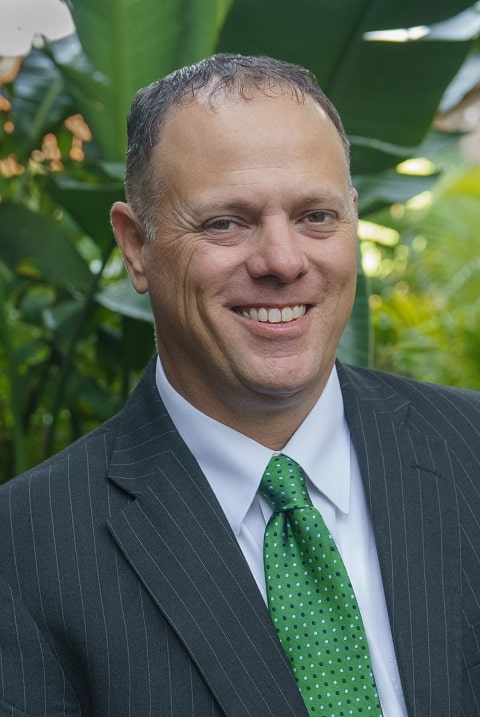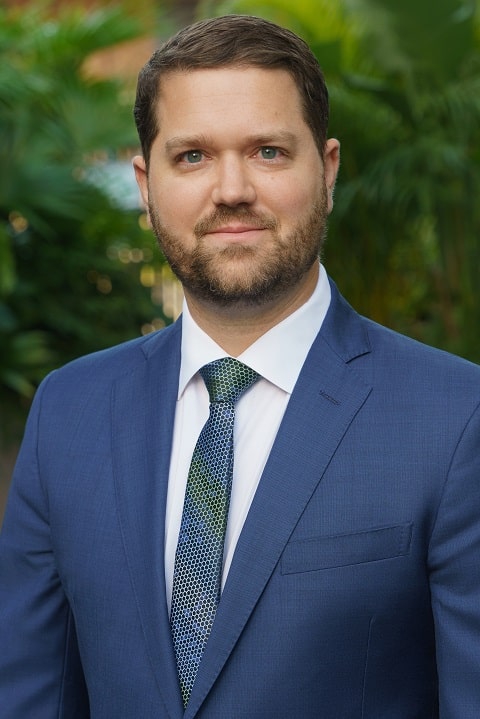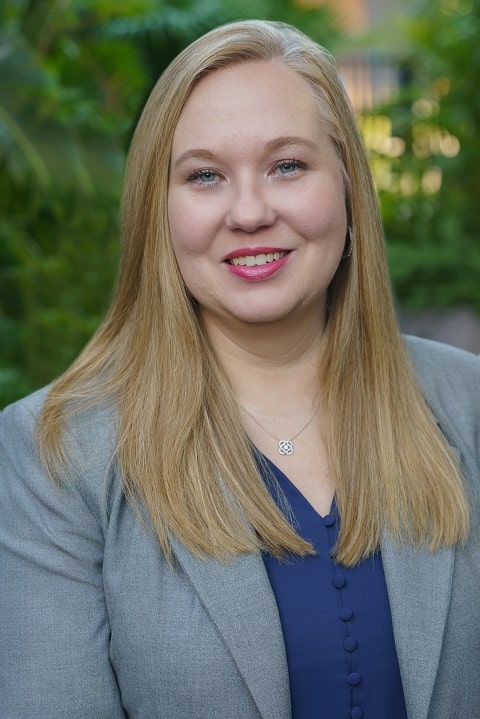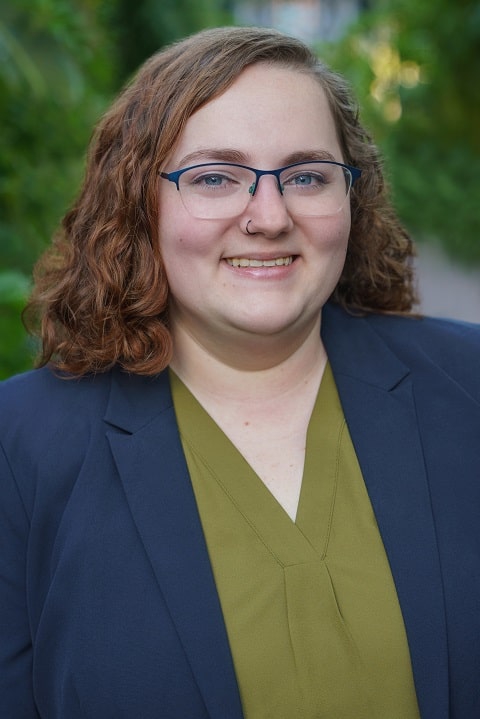Determining Fault in Rear-End Accidents: A Louisiana Driver's Guide
As a Louisiana car accident lawyer, I often encounter the question: "Who is at fault when you're rear-ended?" While it might seem straightforward, the answer can be more complex than you'd expect.
The General Rule: Rear Driver at Fault
In most cases, if you're hit from behind while driving, the rear driver is considered at fault. This is because:
- Drivers are expected to maintain a safe following distance
- Rear drivers should be prepared to stop if the vehicle in front slows or stops suddenly
Louisiana law RS § 32:81 outlines rules for following other vehicles on the road:
-
Safe Following Distance: Drivers must maintain a reasonable and prudent distance when following another vehicle, considering the speed of the vehicle ahead, traffic conditions, and the state of the highway.
-
Trucks on Highways: When driving outside business or residential areas, a motor truck should not follow another motor truck closer than 400 feet. However, this doesn't prevent one truck from overtaking and passing another.
-
Caravans and Motorcades: Vehicles traveling in groups outside business or residential areas must leave enough space between each vehicle to allow other vehicles to merge safely. This rule doesn't apply to funeral processions.
-
Platoons: A platoon—a group of vehicles traveling closely together under coordinated control—can operate if it has an approved operational plan from the Department of Public Safety and Corrections and the Department of Transportation and Development. Non-lead vehicles in a platoon are exempt from the following distance rules, but platoons are not allowed on two-lane highways.
Understanding Negligence in Rear-End Collisions
The key factor in determining fault is negligence. In legal terms, negligence refers to a failure to exercise reasonable care while driving. The negligent party is typically responsible for compensating for any damage or injury caused by their actions.
Common Forms of Negligence in Rear-End Accidents:
- Tailgating (following too closely)
- Speeding
- Distracted driving (e.g., texting, eating, adjusting the radio)
- Sudden Stops
- Faulty Breaks
- Wet or Iced Roads
- Impaired Driving
- Fatigue
Exceptions: When the Front Driver May Be at Fault
While less common, there are situations where the front driver might be held partially or fully responsible:
- Reversing suddenly
- Brake-checking (intentionally braking to intimidate a tailgater)
- Driving with broken brake lights
- Stopping abruptly to make a turn but failing to execute the turn
Louisiana-Specific Considerations
Louisiana follows a "comparative fault" system. This means:
- Multiple parties can share fault in an accident
- Your compensation may be reduced by your percentage of fault
- You can still recover damages even if you're mostly at fault, but your recovery will be limited
Strategies Attorneys Use to Determine Liability in Rear-End Collisions
When establishing liability in a rear-end collision, attorneys deploy a variety of strategies to build a compelling case. Here are some of the key approaches they typically take:
Analyze Police Reports
Police reports are often the first step, offering crucial insights based on the investigating officers' findings. They generally include details from the accident scene, witness statements, and initial fault assessments.
Examine Physical Evidence
Attorneys meticulously inspect physical evidence such as skid marks, vehicle damage, and debris patterns. This type of evidence can reveal essential details about the crash, like the speed of the vehicles, brake use, and points of impact.
Gather Witness Testimonies
Interviewing witnesses is a valuable strategy. Witnesses can provide firsthand accounts and insights about the drivers' actions leading up to and during the accident, offering perspectives not available in physical evidence alone.
Subpeona Surveillance Video
Attorneys can subpoena and order the preservation of video footage from any home security cameras, private business surveillance cameras, and/or traffic cameras in the area. Video evidence when available is some of the best evidence when fault is disputed. It is important to request and review footage before it is erased or overwritten.
Review Traffic Laws
An analysis of any traffic law violations is crucial. Attorneys assess whether any laws were broken, such as tailgating, speeding, or operating a vehicle under the influence of alcohol or drugs.
Investigate Distractions
Identifying driver distractions can significantly impact a case. For instance, cell phone records could show whether a driver was texting or otherwise distracted at the time of the crash.
Consult with Experts
To fortify their case, attorneys might work with accident reconstruction experts who can deliver an in-depth analysis of the collision. These specialists provide professional opinions that can be pivotal in establishing liability.
By piecing together these diverse elements, an attorney can build a robust case, ensuring a fair negotiation process with insurance companies or a persuasive argument in court, if necessary.
When to Consult a Louisiana Personal Injury Attorney
If you've been involved in a rear-end accident in Louisiana and there's any question about fault, it's advisable to consult with an experienced attorney. Consider seeking legal advice if:
- The other driver disputes fault
- There are multiple vehicles involved
- You've suffered significant injuries or property damage
- The insurance company is offering a low settlement
An attorney's role extends beyond mere consultation. They possess the expertise to meticulously investigate the circumstances of your accident, gathering evidence that can be vital in establishing who is legally responsible. This is particularly crucial when fault is contested or when multiple parties are involved.
By consulting a legal professional, you gain access to a thorough investigation and a strategic approach to pursuing compensation. They can negotiate with insurance companies on your behalf, ensuring that you receive a fair settlement that truly reflects the extent of your injuries and damages.
Moreover, an attorney will advocate for your rights and interests, tirelessly working to maximize your financial recovery. With their support, you can focus on healing while they handle the complexities of your case, providing peace of mind during a challenging time.
Understanding Compensation for Rear-End Accident Injuries
Experiencing a rear-end collision can significantly impact your life, but you may be entitled to compensation for various damages. Here’s a detailed look at the types of compensation you might receive:
-
Medical Costs
Your compensation could cover all medical expenses related to the accident. This includes immediate costs like emergency room visits and surgeries, as well as any ongoing treatments, such as medications and physical therapy. -
Income Losses
If your injuries have caused you to miss work, you might obtain compensation for those lost wages. This can also extend to future earnings if your ability to work has been permanently affected. -
Reduced Earning Potential
In cases where injuries have led to long-term or permanent disabilities, impacting your capacity to earn, you may receive compensation to account for this diminished future earning potential. -
Pain and Distress
Beyond physical injuries, you can claim compensation for the pain and emotional turmoil endured due to the accident. This recognizes the non-tangible impact on your well-being. -
Diminished Quality of Life
If the injuries mean you can no longer enjoy activities you once engaged in, you might be eligible for compensation to reflect this loss of enjoyment. -
Vehicle and Property Damage
Repairs or replacement costs for your vehicle and other personal items damaged in the accident may also be reimbursed.
Seeking the guidance of a skilled Louisiana personal injury lawyer is crucial. They can assess your case, clarify your rights, and strive to secure the compensation you're entitled to for your injuries.
Get a Free Case Analysis
Understanding your rights and options after a rear-end collision is crucial. If you're unsure about your situation, don't hesitate to seek professional legal advice.
Contact us at 985-240-9773 for a free analysis of your case.
Remember, every accident is unique, and an experienced Louisiana personal injury lawyer can help you navigate the complexities of your specific situation.






